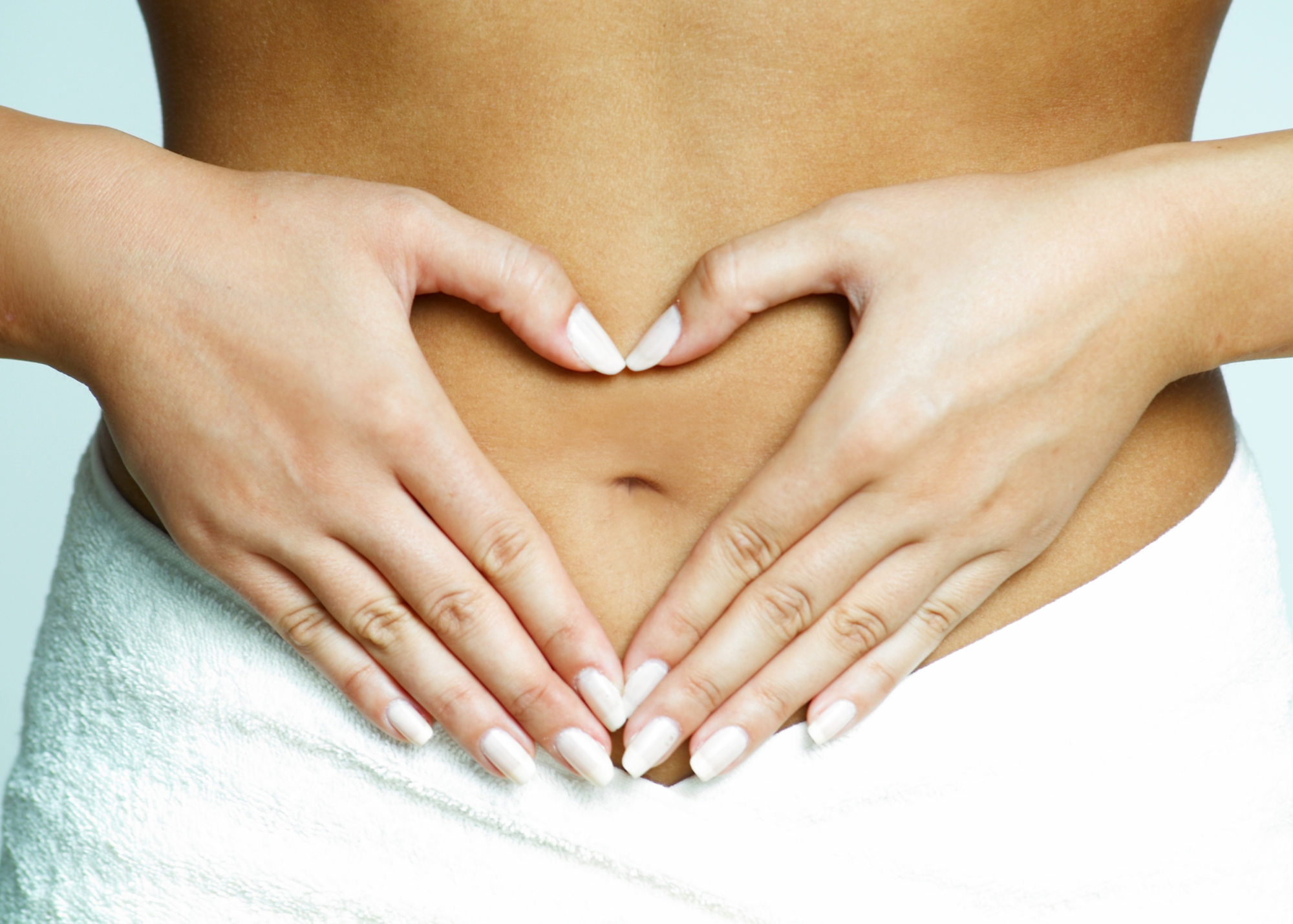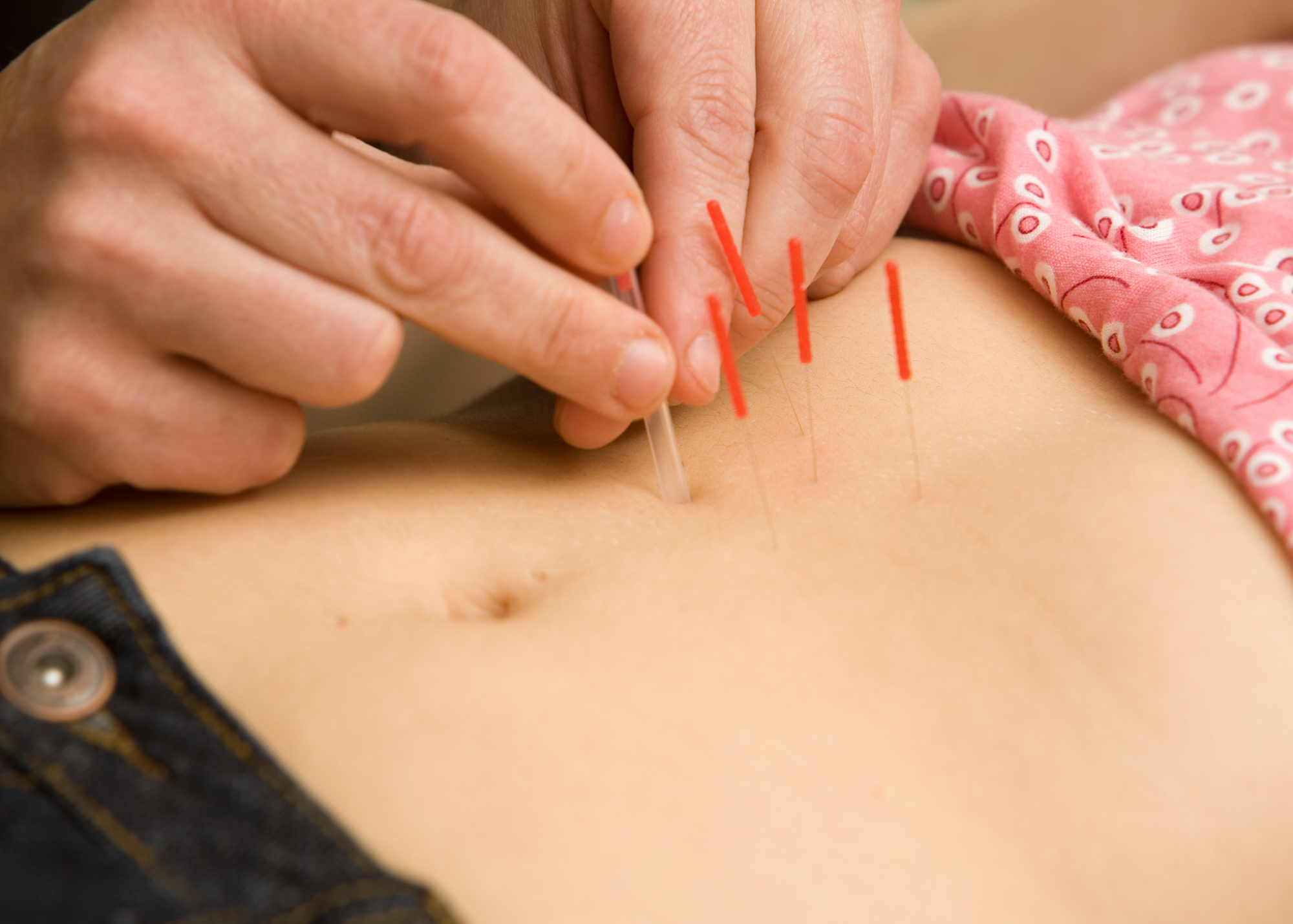Share
In this Article
Key Takeaways
| Topic | Summary |
|---|---|
| Hormonal Fluctuations | Estrogen dominance and progesterone drops disrupt gut function, causing water retention and slowed digestion during perimenopause. |
| Bloating-Constipation Link | Slowed gut motility promotes food fermentation and microbiome imbalances, connecting these digestive symptoms. |
| Dietary Triggers | High-sodium foods, gas-producing veggies, and processed sugars amplify hormonal digestive disruptions. |
| Holistic Strategies | Fiber balance, hydration, gentle exercise, and stress management address root causes of digestive issues. |
| Acupuncture Benefits | Regulates gut-brain axis, improves bowel motility, and helps balance hormones naturally through targeted points. |
| Recommended Services and Products | |
Rest & Digest Package  |
A natural approach to improve digestion, reduce bloating, and promote relaxation through targeted therapies. Explore Package |
If you’re in perimenopause and wondering why bloating and constipation have suddenly become relentless, you’re not alone. As an intuitive acupuncturist and spiritual coach, I see this struggle daily. The truth is, these symptoms aren’t just “bad luck”—they’re deeply tied to hormonal shifts, gut health, and lifestyle factors. Let’s explore why bloating and constipation worsen in perimenopause — a holistic approach that goes beyond quick fixes.
Hormonal Fluctuations: The Root of Bloating Perimenopause
Ever notice your belly feels swollen or digestion slows down around hormonal shifts? That’s no coincidence. Estrogen and progesterone—your body’s key reproductive hormones—do more than regulate cycles; they directly impact your gut.
- Estrogen dominance (common in early perimenopause) can cause water retention and sluggish digestion, leading to bloating.
- Progesterone drops slow gut motility, making constipation worse.
When these hormones fluctuate erratically, your digestive system struggles to keep up. The result? Bloating perimenopause becomes a frustrating hallmark of this transition.

Get expert tips on healthy living and aging gracefully at 40 and beyond from me.
Join Our Spiritual Wellness Journey: Subscribe for Weekly guidance & Insights
Elevate Your Spirit: Receive Transformative Guidance Straight To Your Inbox
Success! Now check your email to confirm your subscription.
Why Bloating Perimenopause and Constipation Often Go Hand-in-Hand
Here’s the thing: bloating isn’t just about belly puffiness. When gut motility slows (thanks to hormonal shifts), food spends more time fermenting in your intestines. This creates gas, bloating, and—you guessed it—constipation.
Research shows up to 39% of perimenopausal women experience constipation due to these changes. Add in shifts in your gut microbiome (your digestive system’s bacterial ecosystem), and symptoms compound. The good news? Understanding this link helps you address both issues effectively.
Common Triggers That Worsen Symptoms
While hormones set the stage, daily habits often fan the flames.
Dietary Triggers:
-
- High-sodium foods (water retention)
-
- Cruciferous veggies, beans (gas-producing)
-
- Processed sugars and refined carbs (gut inflammation)
Lifestyle & Stress:
Chronic stress ramps up cortisol, which disrupts gut function. Plus, dehydration and sedentary habits slow digestion further.
Even HRT (hormone replacement therapy) can influence bloating in some women. Tracking triggers helps you personalize your approach.
A Holistic Strategy: Diet, Lifestyle, and Mind-Body Shifts
Nutrition That Supports Digestion
-
- Fiber balance: Too little worsens constipation; too much causes gas. Aim for 25–30g daily with flaxseeds, chia, and cooked veggies.
-
- Hydration: Start your day with warm lemon water to stimulate digestion.
-
- Gut-friendly foods: Fermented foods (sauerkraut, kefir) support microbiome health.
Movement and Stress Management
-
- Gentle exercise (yoga, walking) stimulates gut motility.
-
- Breathwork (diaphragmatic breathing) reduces bloating by calming the nervous system.
Acupuncture for Perimenopausal Bloating and Constipation
As an acupuncturist, I’ve seen how this ancient practice can rewire digestive dysfunction during perimenopause. Here’s how:
-
- Regulates gut-brain communication: Acupuncture lowers stress hormones (like cortisol) that disrupt digestion.
-
- Improves gut motility: Studies show it enhances bowel movements in constipated patients.
-
- Balances hormones naturally: Points like SP6 (Spleen 6) and ST36 (Stomach 36) support hormonal harmony.
In my practice, women combining acupuncture with dietary tweaks report less bloating, better digestion, and fewer hormone-related crashes.
Integrating Acupuncture with Self-Care
Acupuncture works best as part of a broader plan:
| Strategy | Benefit | Example |
|---|---|---|
| Herbal Support | Reduces inflammation, supports motility | Peppermint tea for bloating |
| Sleep Hygiene | Balances cortisol, aids digestion | Prioritizing 7–8 hours nightly |
| Stress Relief | Lowers gut-disrupting tension | Acupuncture + daily meditation |
If you’re struggling with perimenopause bloating and constipation, remember: small, consistent changes create the biggest shifts. Listen to your body, track patterns, and consider holistic therapies like acupuncture to restore balance—without harsh interventions.
Need tailored advice? Let’s connect. I’m here to help you navigate this phase with clarity and confidence.







